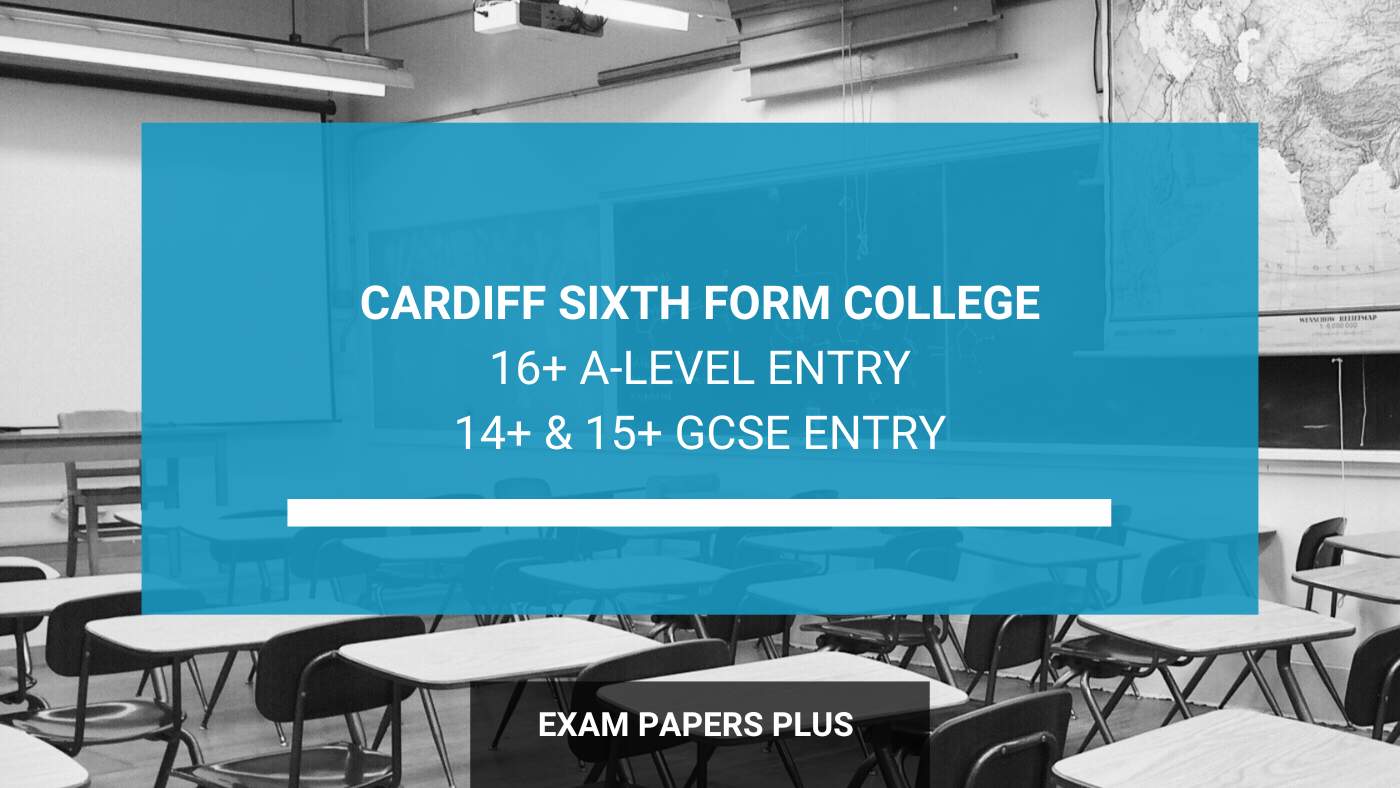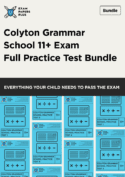
How to Study for GCSE Chemistry
Bookmark this page? Pop your email into the box below to receive a link to this article so you can easily refer back to it later.
Table of Contents
Introduction
When it comes to studying for GCSE chemistry, it can be tough knowing where to begin. You probably have several folders full of coursework, not to mention worksheets and sample questions. At Exam Papers Plus, we publish GCSE chemistry revision packs, so we know what makes for effective studying. To help you structure your chemistry revision, we’ve put together this brief outline.
Get Organised with a Study Schedule
If you want to make the most of your revision, you need to have a documented study schedule. All you really need is a spreadsheet or a diary to record what you plan to study and when. Our preferred format for study schedules is wall planners. They provide a clear visual representation of what you plan to study and it can be really satisfying to mark off each day as you complete a session.
The GCSE chemistry exam has ten topics in total, so schedule in time to study each one. As well as revising your coursework notes, you should use practice test papers to put your theory into practice. The sooner you introduce sample questions, the more time you’ll have to refine your exam technique before the big day.
Make Your Studying Interactive with Chemistry Games

We’ve already written a post about how GCSE chemistry games can add some variety to your studying. To provide a brief overview, we find that the following games are the most fun and effective:
Chemistry flash cards – A simple yet effective game where a friend or family member creates flashcards based on practice test questions. This game is great for helping you think on your feet.
Group quiz – A game to play with friends. A quiz master asks all players questions from a set of practice tests. The winner is the one with the most points at the end of the quiz.
Roll the dice – You’ll need five dice to play this game. Start by rolling one dice and then answering the corresponding question. Increase the number of dice each time until you’ve answered five questions in total over various different topics.
Card turnover – Best played with three players. Everyone turns over a card. The lowest card answers a question from a practice test that corresponds with the total of all three players’ cards. The winner is the one who manages to attain the most full points per question.
Memorise Reactivity Series and Ionic Charges of Formulas
In the GCSE chemistry exam, you’ll be provided with a periodic table, so don’t worry too much about learning all the elements by heart. You will however, need to recall information on the reactivity series to predict how metals will react. A useful way to remember the order of a reactivity series of metals is to create a visual chart, or make up an acronym with the first letter of each metal.
When it comes to learning the different formulae for ions, it helps to write them all down on flashcards so you have a visual reminder of each of them. You can also use flashcards to test your memory.
GCSE Chemistry Practice Tests
At Exam Papers Plus, we believe that the most effective way to revise for GCSE chemistry is to use practice test papers that help you become familiar with the types of questions you’ll be asked on the day.
As well as helping you chart your progress as you study, sample tests can also improve your time management skills when taken under timed conditions.
When we created our CSE chemistry packs, we thoroughly analysed reports from previous years to make sure our questions cover all the topic areas of the exam. We also studied the types of questions that students find most challenging and included examples in our packs, so you’ll have every eventuality covered.
All of our GCSE packs have been written and developed by former chemistry examiners and markers, so you can rest assured that our questions are tried and tested. They focus on the key skills that students need to develop to perform well in higher tier GCSE exams and they include detailed step-by-step answers and mark schemes for every question. Each question is labelled to identify the relevant exam boards.
We’d highly recommend the following resources to boost confidence in GCSE chemistry tests:
All of our GCSE packs are available immediately after download.
Related posts:
How to Revise and Practice for the GCSE Chemistry Exam
GCSE Chemistry Test Format: What to Expect on the Day
GCSE Chemistry Games to Help with Your Revision
Bookmark this page? Pop your email into the box below to receive a link to this article so you can easily refer back to it later.
















